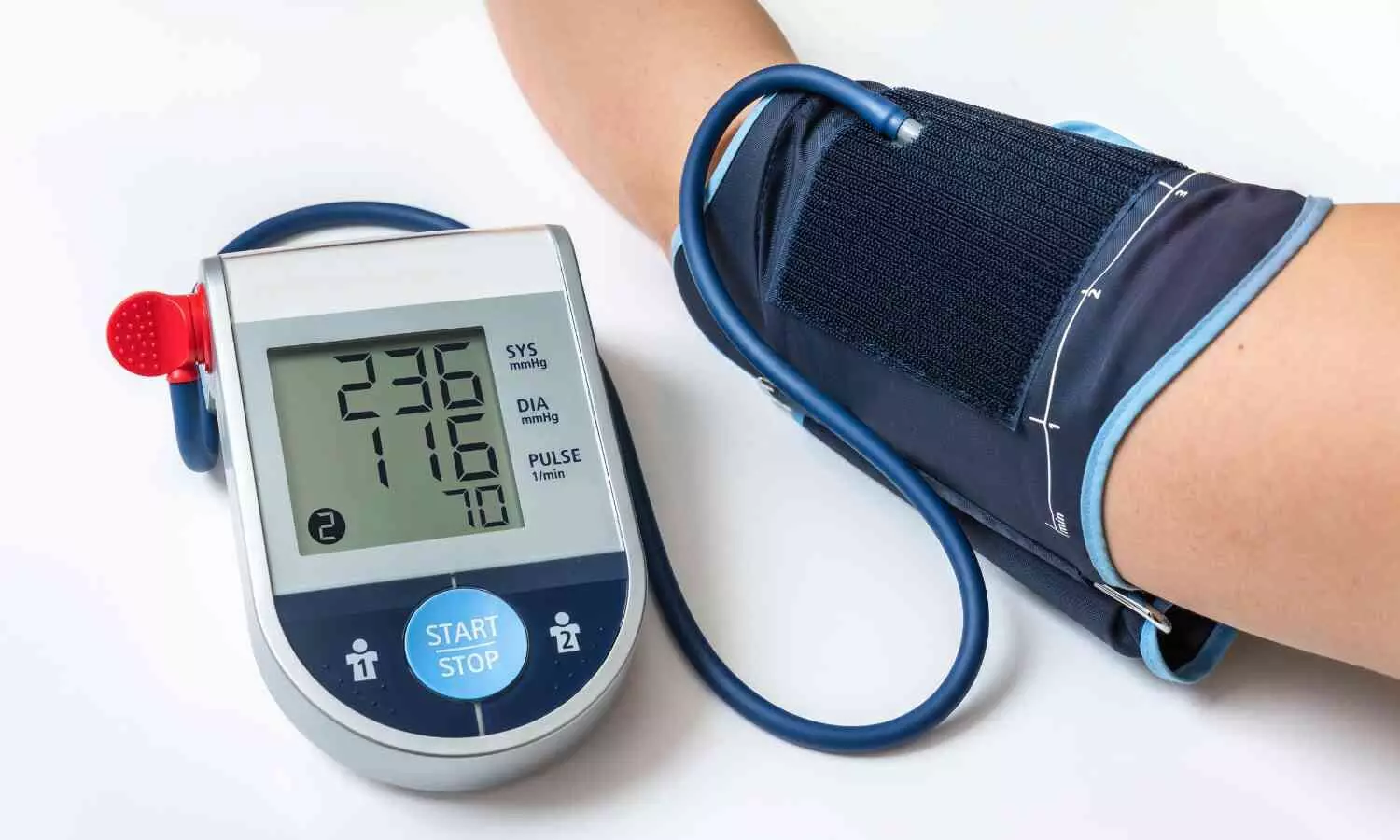Bananas, Broccoli May Help Lower Blood Pressure: Study

New Delhi: A new study from the University of Waterloo, Canada, suggests that increasing potassium intake through foods like bananas and broccoli may be more effective in reducing high blood pressure than solely cutting down on salt. The findings, published in the American Journal of Physiology–Renal Physiology, highlight the importance of balancing dietary potassium and sodium to manage hypertension, a condition affecting more than 30% of adults worldwide.
Hypertension, or high blood pressure, is a major risk factor for heart disease, stroke, kidney disease, heart failure, irregular heartbeats, and dementia. Traditionally, patients with hypertension are advised to reduce their sodium intake. However, the latest research proposes that enhancing potassium levels may play a more significant role in managing blood pressure.
“Usually, when we have high blood pressure, we are advised to eat less salt,” said Professor Anita Layton, a researcher in applied mathematics, computer science, pharmacy, and biology at Waterloo. “Our research suggests that adding more potassium-rich foods to your diet, such as bananas or broccoli, might have a greater positive impact on your blood pressure than just cutting sodium.”
Potassium and sodium are both vital electrolytes that influence muscle function, water balance, and electrical signaling in the body. The study explains that early human diets, rich in fruits and vegetables, naturally contained more potassium and less sodium. In contrast, modern Western diets tend to be sodium-heavy and potassium-deficient, potentially contributing to the widespread prevalence of hypertension in industrialized societies.
Lead author Melissa Stadt, a doctoral student at Waterloo, noted, “Our body’s regulatory systems may have evolved to function optimally with a high potassium, low sodium diet. The mismatch between our evolved biology and modern eating habits may explain the rise in high blood pressure.”
To explore this further, the researchers built a mathematical model to analyze how the potassium-to-sodium ratio affects the body. The model revealed that men are more prone to developing high blood pressure than pre-menopausal women, but they also respond better to increased potassium intake.
The study underscores the potential of dietary interventions focusing on potassium-rich foods in hypertension management.


